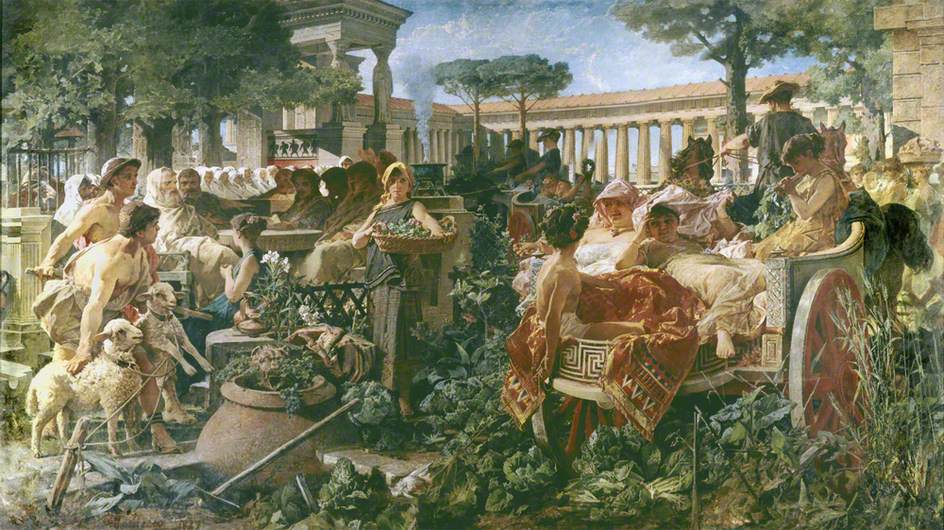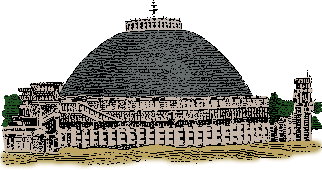Sunday Word: Bagatelle
Jun. 29th, 2025 07:51 pmbagatelle [bag-uh-tel]
noun:
1 something of little value or importance; a trifle
2 a game played on a board having holes at one end into which balls are to be struck with a cue
3 a short literary or musical piece in light style
Examples:
If anything, the slowly accumulating final chord of the bagatelle could have set up the softly arpeggiated one at the start of 'Twilight Way', the first of the 'Poetic Tone Pictures.' (Joshua Barone, Review: Dvorak’s 'Poetic Tone Pictures’ Makes Its Carnegie Debut, New York Times, February 2023)
Pinball got its start in 18th-century France with the billiardslike tabletop game bagatelle, which used a springlike launcher. (World-ranked pinball wizard is reviving the game in San Antonio with a new startup, san Antonio Express-News, March 2020)
When you are caught in a web of conspiracies, the best of deeds becomes a mere bagatelle, as we find in the fall of Udensi. (Henry Akubuiro, Travails of a Good Samaritan , The Sun Nigeria, March 2021)
Among the most divisive issues in philosophy today is whether there is anything important to be said about the essential nature of truth. Bullshit, by contrast, might seem to be a mere bagatelle. (Jim Holt, Say Anything, The New Yorker, August 2005)
'Overdue; was the title he had decided for it, and its length he believed would not be more than sixty thousand words - a bagatelle for him with his splendid vigor of production. (Jack London, Martin Eden)
The betrayal of one's friends is a bagatelle in the stakes of love, but the betrayal of oneself is a lifelong regret. (Tom Stoppard, The Invention of Love)
Then there were the bird cages, the iron hoops, the steel skates, the Queen Anne coal-scuttle, the bagatelle board, the hand organ - all gone, and jewels, too. (Virginia Woolf, 'The Mark on the Wall')
Origin:
1630s, 'a trifle, thing of no importance,' from French bagatelle 'knick-knack, bauble, trinket' (16c.), from Italian bagatella 'a trifle,' which is perhaps a diminutive of Latin baca 'berry,' or from one of the continental words (such as Old French bague 'bundle') from the same source as English bag. As 'a piece of light music,' it is attested from 1827. (Online Etymology Dictionary)



